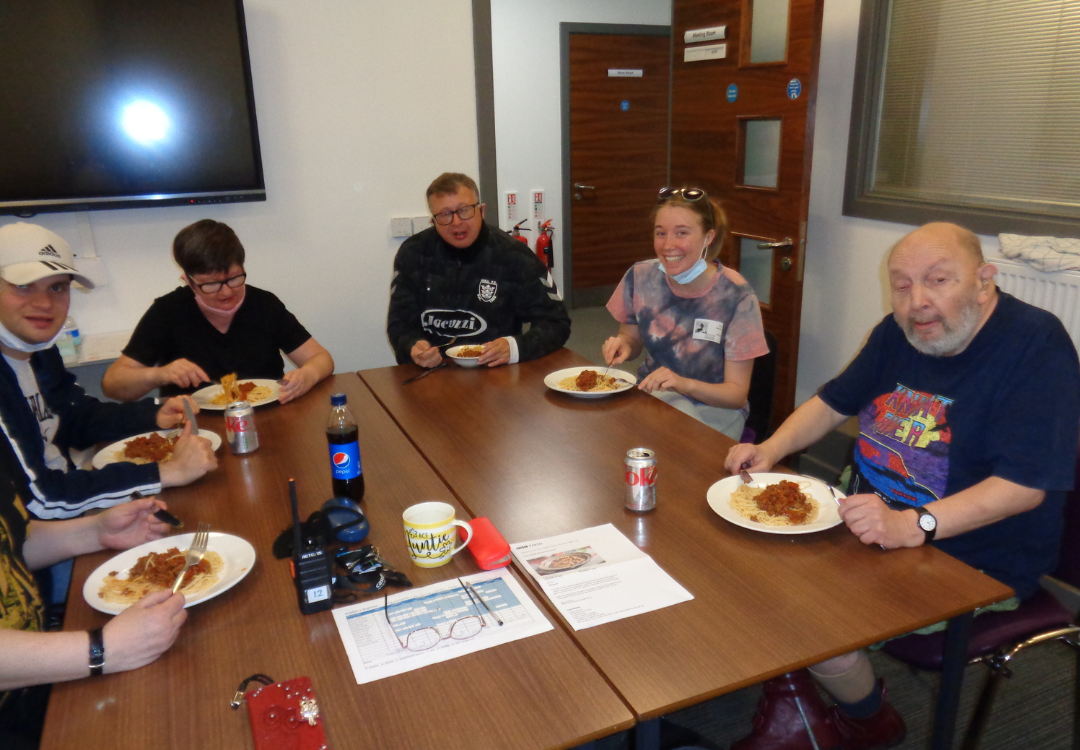An introduction to the meaning and importance of independent living skills, including an explanation of what independent living skills are
As a learning disability support service, we communicate with each other in dynamic ways to suit the needs of everybody in our training centre. One of those ways is by using special keywords to explain the work we do and how it contributes to our trainees. Think of it as our own little language! If you or somebody you know has been receiving learning disability support, you will have heard the term `independent living skills`. But what are independent living skills, and why do they matter?
What are independent living skills?
Independent living skills cover all of the basics we need to know before living alone – how to look after ourselves, how to cook, clean, budget our money, manage our time, and take care of the place we call home. While teenagers and young adults ordinarily learn these skills quickly, adults with learning disabilities often struggle to navigate them at the expected pace.
Independent living skills enable a person, learning disability or none, to live on their own safely, happily, and healthily – allowing them to pursue a great quality of life!
Independent living skills list
Cooking, baking, and food preparation
Cleaning
Self-care and personal hygiene
Budgeting and money management
Personal organisation (time management, looking after possessions, etc.)
Gardening and maintaining domestic surroundings
How can I improve my independent living skills?
At CASE, we use a large variety of techniques to improve our trainees’ independent living skills, and we see the confidence propel further out our individuals every day. Practise makes perfect, after all! Here are some of the techniques we use:
Teaching cooking classes in our `independent living suite`, home to our fully-equipped real-life kitchen;
Encouraging trainees to count out and use their own money;
Supporting trainees in making informed decisions about food so they are able to consume a healthy, balanced diet;
Giving trainees the freedom to select activities based on personal interests and preference, for example, during a crafts or ICT class;
Taking trainees on day trips to the supermarket, coffee shops, and on public transport where they can put their independent living skills into practise;
And more!
Suggested reading for you: Independent living skills
We believe that everyone has the right to an independent and fulfilling life. Our support offers individuals advice and training to enable them to build life skills, develop confidence, help each other, and look forward to a more positive future.
Learn more:
Discover our Independent Living Skills suite!
Read our blog: “I Need Learning Disability Support: When Can I Apply to Join CASE?”


